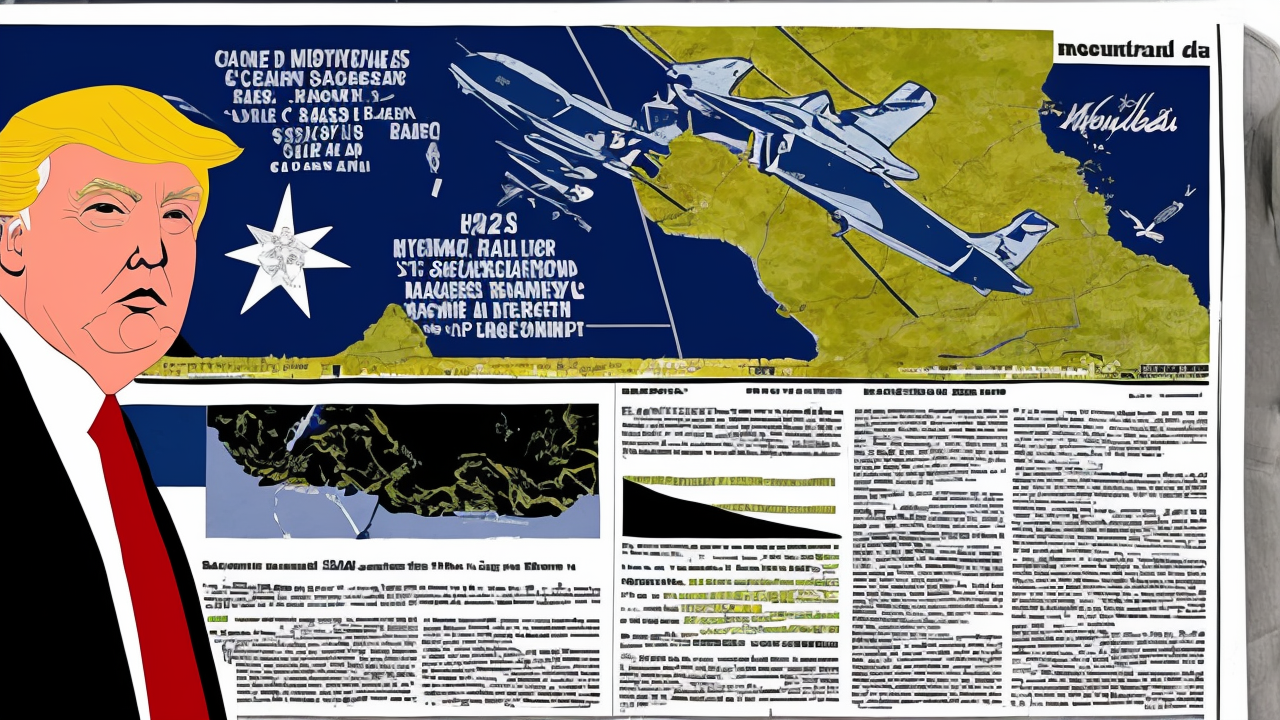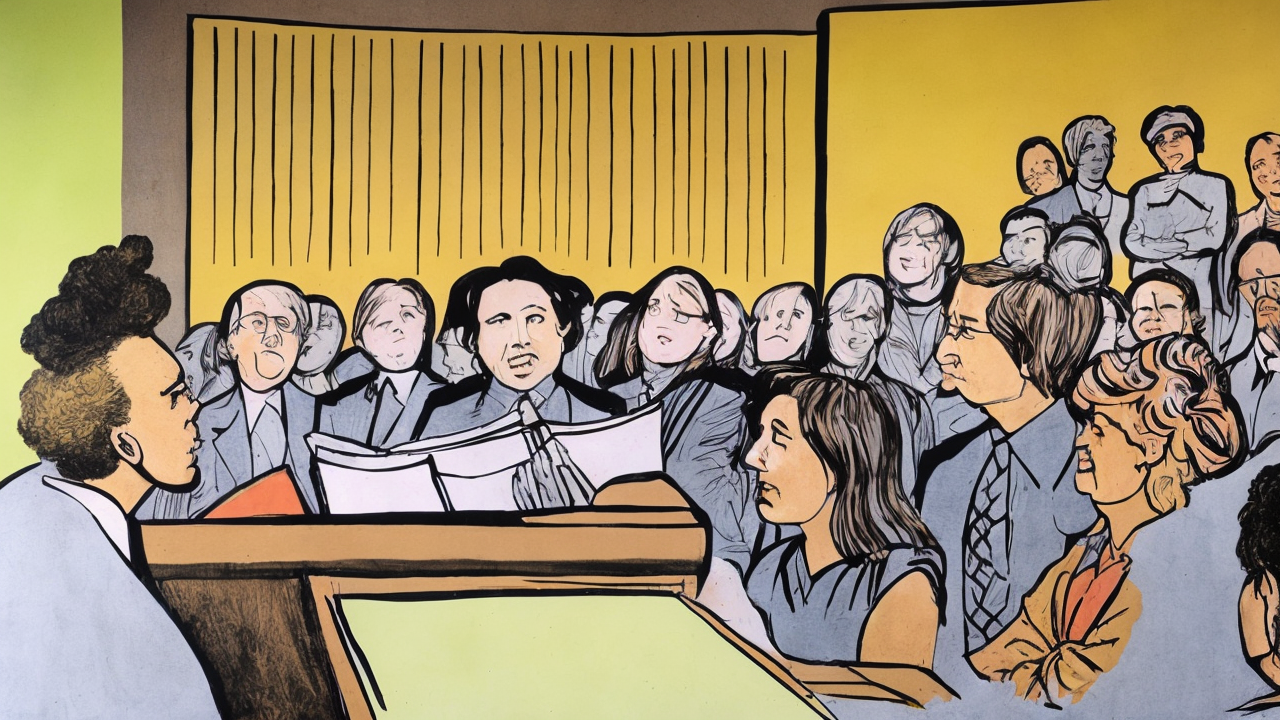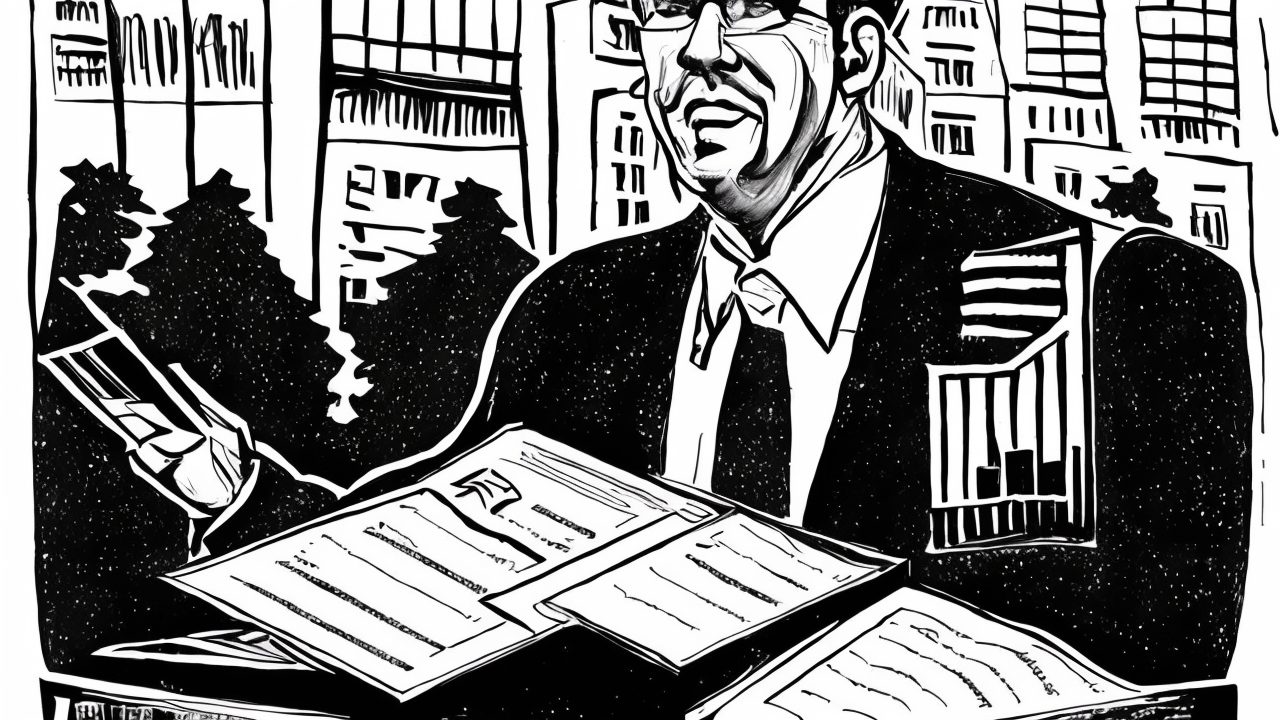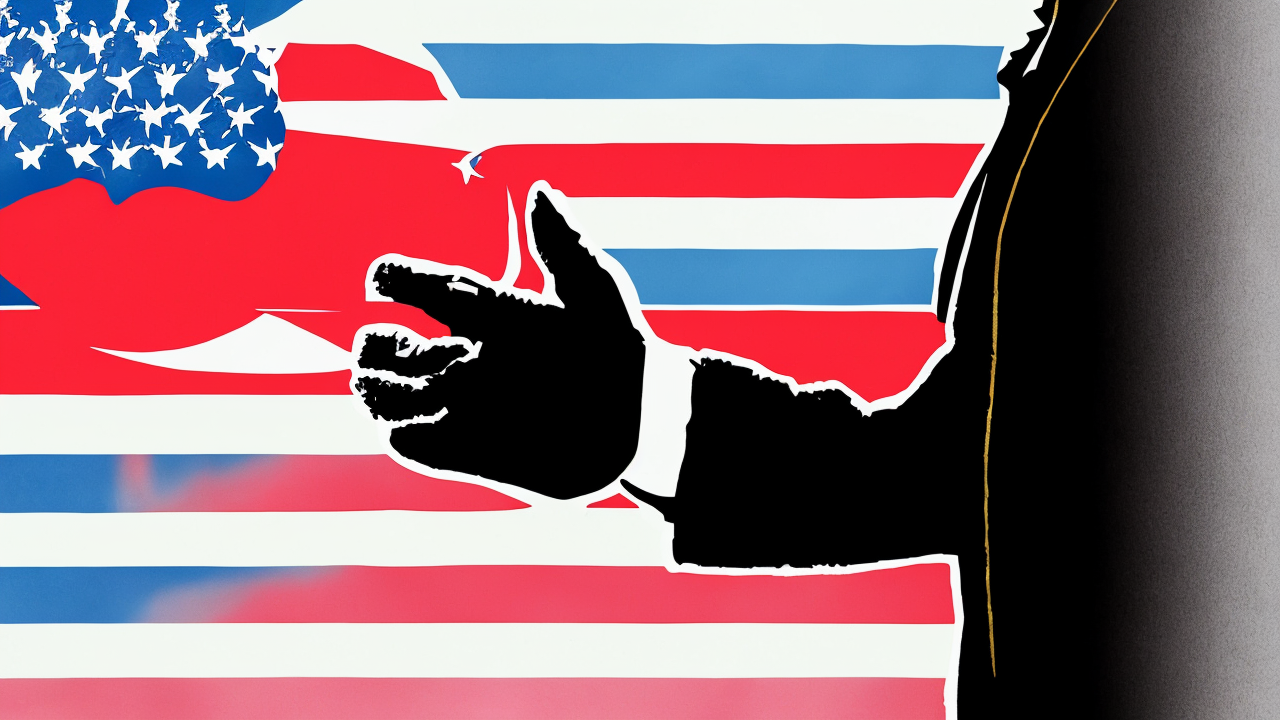Gavin Newsom’s Dangerous Rhetoric Escalates Political Tensions

In recent months, California Governor Gavin Newsom has used language that goes beyond political disagreement. By labeling White House Deputy Chief of Staff Stephen Miller a “fascist,” Newsom crossed a line that raises serious concerns. This kind of rhetoric, shared through official state communications and press graphics, does not simply express partisan frustration. It moves into dangerous territory.
When public leaders equate political opponents with historical tyrants, they do not merely critique policies. They aim to delegitimize entire groups of people. This erodes the dignity of individuals and denies them the right to be heard in public conversation. It reduces complex political differences to moral absolutes and frames opponents as enemies rather than fellow citizens.
This moment is especially troubling in light of the tragic murder of conservative activist Charlie Kirk, who was killed by a left-wing extremist. His death was not an isolated event. It stands as a grim reminder of how inflammatory language can embolden violence. Instead of pausing to reflect on the consequences of dehumanizing rhetoric, some in power continue to use terms like “fascist” with increasing frequency and intensity.
Such labels are not neutral critiques. They are tools of political warfare. They erode the foundation of civil discourse by portraying opposing views as inherently evil. This kind of framing does not invite dialogue. It demands submission. It creates an environment where disagreement is no longer seen as a healthy part of democracy, but as a threat to national stability.
Even within the Democratic Party, warnings have been issued. Senator John Fetterman of Pennsylvania has spoken out against the use of hyperbolic language that equates political opponents with Hitler or fascist regimes. He understands that such rhetoric risks normalizing violence—even when no direct call to action is made. When a leader says “fascist” in a public forum, it shapes how followers see the enemy. It reduces ideological differences to moral binaries, making compromise seem impossible.
The American tradition has long valued robust but respectful political debate. Our founding documents protect the right to dissent not as a privilege, but as a duty. The First Amendment exists not only to protect speech we agree with, but especially speech we find offensive. When leaders use inflammatory labels to silence dissent, they undermine the very principles they claim to support.
This kind of language also has real-world consequences. Research shows that dehumanizing rhetoric increases the likelihood of violence—even without direct incitement. When people are labeled as enemies of the state, even symbolically, it becomes easier to justify extreme actions. The normalization of such language—through state-sponsored graphics or public statements—contributes to a culture where empathy, restraint, and shared truth are replaced by tribalism and fear.
Condemning violence after the fact is not enough. We must also hold accountable those who create the conditions that make violence possible. Public officials, especially those in positions of power, have a moral responsibility to lead with wisdom, not provocation. They must remember that words carry weight—especially when spoken from the podium.
True leadership means seeking common ground, even in the face of deep disagreement. It means treating opponents not as enemies, but as fellow citizens with different perspectives. It means recognizing that democracy thrives not in uniformity, but in the respectful exchange of ideas.
The future of our republic depends on rejecting the politics of division. It depends on restoring the language of civil discourse—where debate is fierce but never cruel, where disagreement is met with reason, not ridicule. We must choose a path that honors the dignity of every person, regardless of their political beliefs.
Only then can we begin to heal the fractures that threaten to divide us.
Published: 9/29/2025








